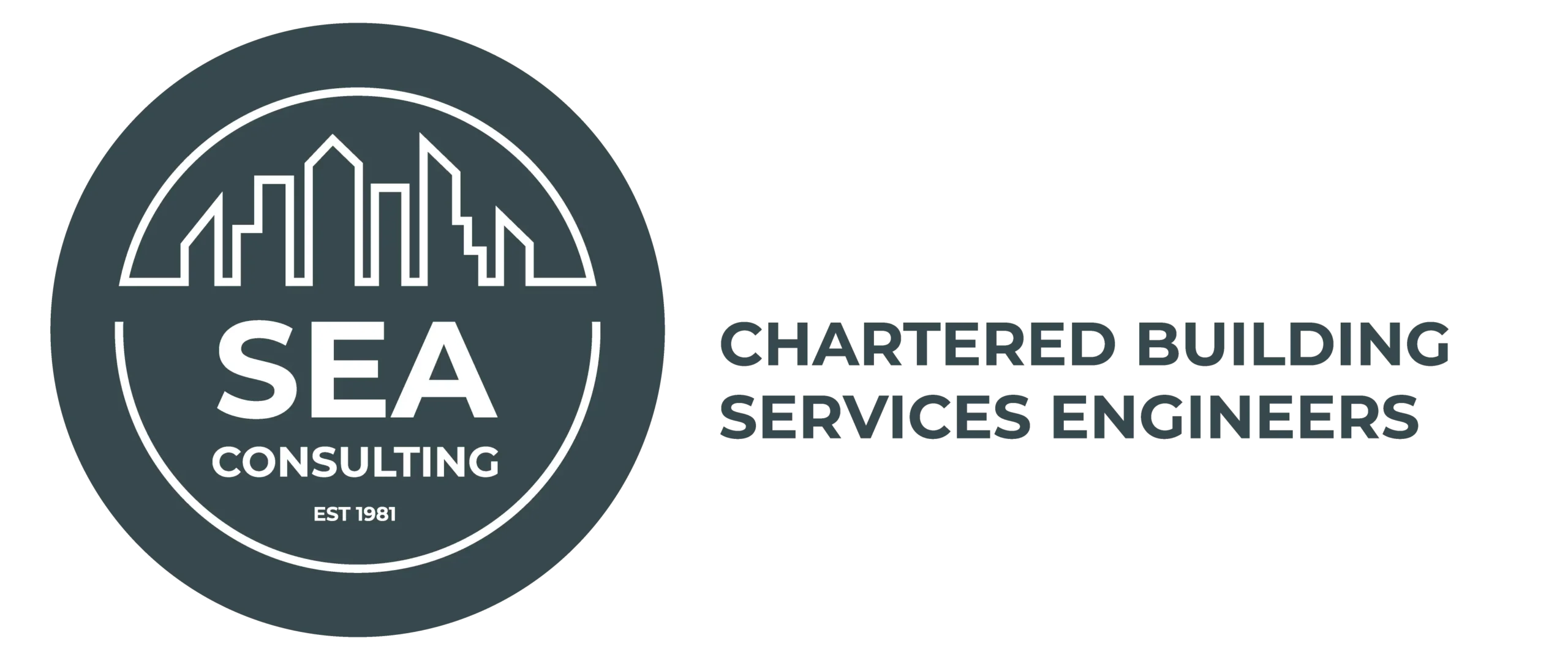MEP Building Services Engineering Consultancy
CIBSE Certified Building Services Engineering Consultants specialising in sustainable MEP design Discuss your projectMechanical, electrical, and public health (MEP) are the organs of a building, also known as M&E Services this is what’s needed to make a building come alive and function.
From a single-story home to a 50-story skyscraper, well designed MEP engineering solutions are vital to ensure a property operates as a safe, comfortable, working environment for human use and occupation.
Most people don’t generally think about this aspect of a building. Like with the organs of a human body it is all hidden away and out of sight. You only notice them when they are not working properly.
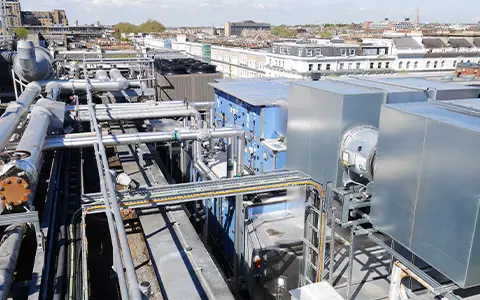
MEP Building Services Engineering
Dilapidations, Acquisition & Condition
Arbitrations & Expert Witnessing
PPM Services
Tenant Representation
Service Charge Disputes
Building Services Troubleshooting
What's the MEP in M-E-P Design or Engineering Mean?
 |
Mechanical systems make life inside more comfortable, allow us to occupy buildings in comfort no matter the weather conditions outside. These are the Heating, Ventilation and Air Conditioning systems (HVAC) and in larger properties include access elements such as lifts and escalators. |
 |
Electrical systems in a building turn the lights on, power our devices and keep the mechanical systems running. It also involves other things such as data, communications, access control, fire alarm systems and renewable energy. |
 |
Public Health - Plumbing systems allow us to turn on a tap to provide cold water for drinking and hot water for cleaning. Along with flushing toilets, plumbing systems remove wastewater and rainwater safely away from the building. |
MEP Design and Project Management Services |
MEP Design and Project Management Services
As a multi discipline MEP Building Services and Sustainability Consulting Engineers established in 1981, we understand the trials and tribulations of owning and managing commercial property.
Building Services are one of the most challenging building elements to understand. If not designed correctly the consequences can be major sore points for tenants. Installation costs can be as much as 50% of a refurbishment and running costs are a large percentage of outgoings.
We have a similar role as architects, but design cost effective and sustainable building services solutions for the plumber, electrician, air conditioning, heating engineer, etc. to install. We also mange the project implementation to ensure the contractors install everything correctly and services work as designed.
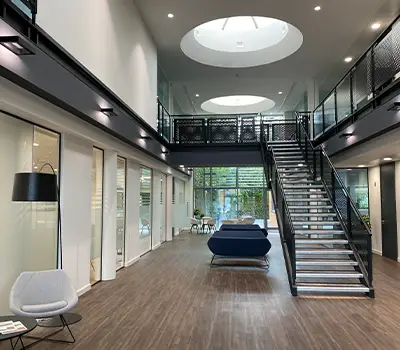
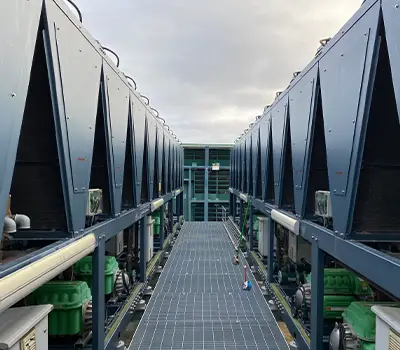
The benefits provided by MEP engineering are many, for example:
- Reduce Capital Costs for the installations.
- Keep ongoing running costs to a minimum.
- Ensure the system will perform as desired.
- Improves occupants comfort and productivity.
- Reduce tenant complaints and problems.
- Allow for future flexibility in the use of the space.
- Add capital value to the property and increase rental returns.
- Assures that correct lighting levels are achieved.
Allows for equipment to be easily maintained by the building operator and maintenance staff, reducing breakdowns and maintenance costs.
Mechanical Engineering
- Heating, Ventilating, and Air Conditioning Systems
- Chilled Water and Refrigeration Systems
- Heating Water Systems
- Extract and Exhaust Systems
- Central Pant Design
- Renewable Heating Systems
- Maintenance Schedules
- Mechanical & Electrical Services Installation Costs
Sustainability Support
- Renewables and Alternative Energy
- Heat Loss Calculations
- Thermal Modelling and Overheating Analysis (LINK)
- BREEAM / LEED / NABERS Consulting (LINK)
- ESG Building Reports (LINK)
- Daylight Calculations (LINK)
- Part L & BRUKL SBEM Calculations (LINK)
- Part L SAP Calculations (LINK)
- EPC Surveys (Level 3-5) & MEES Improvement Reports (LINK)
Site Works
- Project Management
- Site Supervision
- Landlord / Tenant Representation
- Health and Safety
- Witness Testing
- Valuations
- Certification of Contractors Payments
- CDM Regulations
- Design Stage Reviews
- Functional Testing
- Owner Training
- System Documentation
Electrical Engineering
- Electrical Power
- Mains Grid Power Supplies
- Standby Power Supplies
- Metering
- Running Costs
- Renewables (Solar, Wind, etc)
- Landlord’s Electrical Certificates
- Maintenance Schedules
Plumbing Engineering
- Hot and Cold Water Services
- Waste Water Drainage
- Piped Services
- Fuel Gas Piping Systems
- Compressed Air
- Industrial Gases
Fire and Smoke
- Fire Alarms
- Assessment of Installed Systems
- Upgrades and New Installations
- Smoke Control & Fire Strategy
Lighting Design
- Internal and External Lighting
- Office, Retail and Industrial Lighting
- Decorative and Architectural Lighting
- Emergency Lighting
Access Systems
- Lift Works
- Surveys and Refurbishment schemes
- Electric and Hydraulic
- Maintenance Schedules
Comms Technologies
- Voice, Data and Video Integration
- Security and Alarm Systems Integration
- Audio/Visual System Design
Why do I need an MEP Building Services Engineer?
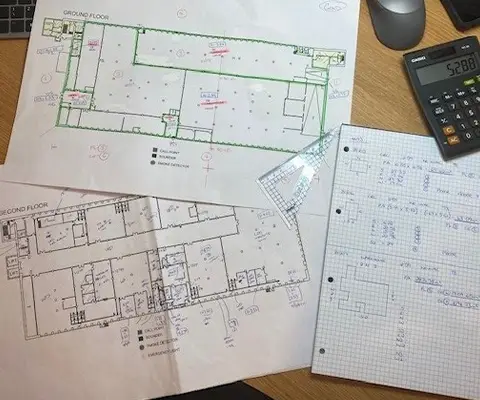
For architect, contractors and building owners, an MEP Consultant provides peace of mind. MEP engineers help ensure that a construction or refurbishment project maximises performance, minimises costs and provides long-term value.
Poorly designed MEP services are a major source of tenant complaints, leading to unhappy occupants spending unnecessary money on trying to fix problems that shouldn’t have been there to start with.
MEP Consultants analyses and evaluates multiple building services options within the overall context of the project and budget constraints before a final solution is chosen. This allows us to devise a system that will best integrate with the buildings architecture constraints, whist providing the desired performance, along with keeping capital and running costs down.
The benefits provided by MEP engineering are many, for example:
- Reduce Capital Costs for the installations.
- Keep ongoing running costs to a minimum.
- Ensure the system will perform as desired.
- Improves occupants comfort and productivity.
- Reduce tenant complaints and problems.
- Allow for future flexibility in the use of the space.
- Add capital value to the property and increase rental returns.
- Assures that correct lighting levels are achieved.
Allows for equipment to be easily maintained by the building operator and maintenance staff, reducing breakdowns and maintenance costs.

MEP Dilapidation, Acquisition and Condition Surveys |
MEP Dilapidation, Acquisition and Condition Surveys
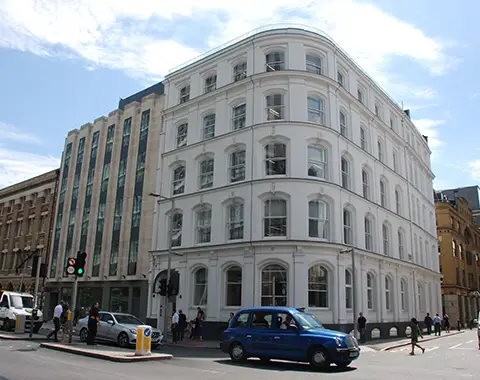
MEP Acquisition and Condition Surveys
We carry out MEP condition surveys for our clients who need us to investigate the current condition of the installed building services both on properties they own/rent and properties they are looking to invest in. We can advise if equipment is serviceable, if it needs replacing, and if it meets the necessary standards for compliance.
MEP Acquisition / Condition surveys are one of the best ways to get critical information on the state of a property and its installed services, with all present and potential problems being highlighted. The survey can provide estimates on life cycle costs and running repair obligations. It can also provide advice on potential refurbishments or improvements that you may want to make and help you negotiate a better deal. They have the potential to pay for themselves many times over or save you from making a big mistake.
MEP Dilapidation Reports
Ensure you know the dilapidations liabilities at the start of lease and what the costs are at the end. Any changes to the building that may have happened under a tenancy need to be rectified unless agreed by the landlord at the time of change so that the property is handed back in the condition in which it was leased. It is important for you to undertake a Schedule of Condition at the start of the lease so when a Schedule of Dilapidations is issued, there is a something to compare the changes against.
Dilapidations issues commonly arise when a tenant fails to comply with the contractual obligations they agreed to when signing their lease. The complexity of buildings and their installed services, coupled with the difficulty in interpreting leases, has resulted in countless disputes and court cases, which can make the business of determining exactly what liability exists a demanding one.
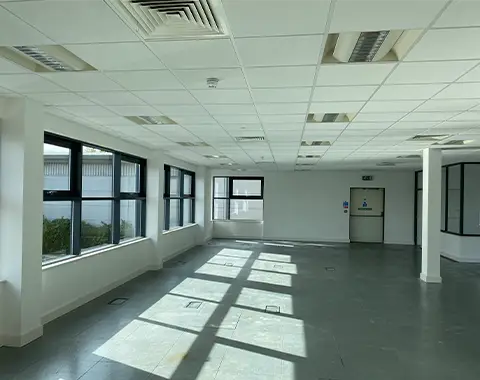
Two dilapidation reports are normally commissioned; one on behalf of the Landlord and one on behalf of the Tennant. Both reports are carried out by independent building consultants like us at SEA Consulting. The dilapidation reports supplies information regarding the condition of a property and/or its building services at a given time and records of any existing damage, with associated costs to rectify the problems.
We recommend that a precondition dilapidation report is carried out 12 months before the end of the current lease period. This enables an end of lease schedule to be put in place so any work needing to be carried out, can be done economically before the end of the lease and allowing capital to be set aside for works.
Arbitrations and Expert Witness Advice to Legal Bodies |
Arbitrations and Expert Witness Advice to Legal Bodies
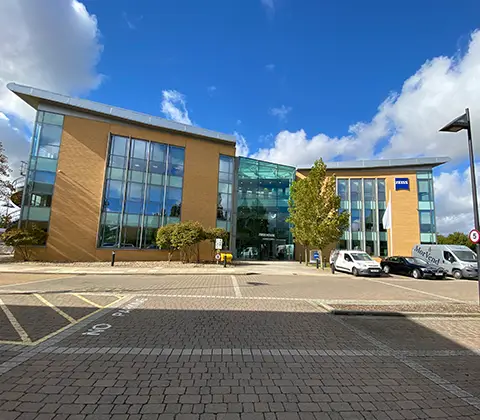
The main role of an expert witness is to express their independent expert opinion on information that has been provided on an arbitration, tribunal or litigation case. They will give an opinion of the evidence provided within their expertise and provide a report that will be seen by the other side and the court. SEA Consulting reports and advice have settled many cases in and out of the court room by providing independent, unbiased and impartial evidence. A few key reasons why expert witness’s play such a crucial role in the legal system:
- Specialised knowledge – Expert witnesses have specialised knowledge, training and expertise in their industry that is relevant to the case. This allows them to offer insights and explanations that the average person may not understand.
- Support for claims and defences – Expert witnesses can help support the claims and defences put forth by either party in a case. They can provide evidence that strengthens the argument of one side and refute or counter the arguments of the opposing side.
- Classification & Interpretation – Complex technical evidence can be difficult to understand without expert interpretation. Expert witnesses will break down complicated concepts, data or evidence making it easier to understand.
- Credibility – Expert witnesses are seen as credible and trustworthy due to qualifications and experience. Testimonials can carry significant weight with juries and judges.
- Fill Evidence gaps – in some cases there is insufficient evidence to establish liability. An expert witness will provide additional evidence or opinions to fill the gaps and aid a stronger case.

Planned Preventative Maintenance (PPM) Schedules |
Planned Preventative Maintenance (PPM) Schedules
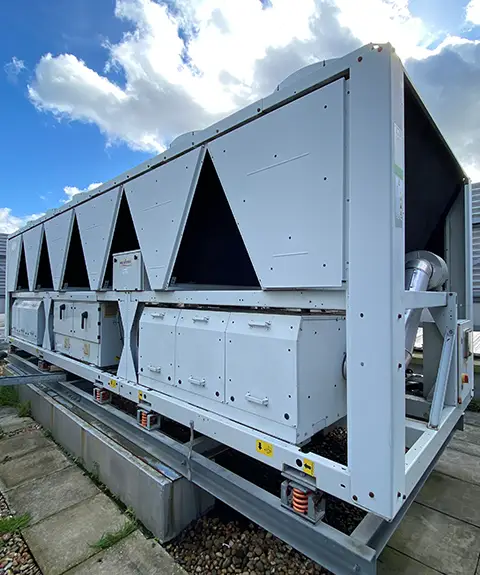
PPM stands for Planned preventative Maintenance, which is also called planned maintenance or scheduled maintenance. PPM maintenance is carried out on an asset, like a piece of equipment, a property, or an element of a property but on a regular basis to help preserve the properties condition and prevent problems from occurring.
PPM is a proactive approach to maintenance, designed to avoid failures, breakages and unexpected maintenance costs or unplanned disturbances from reactive works.
Maintenance can be viewed in one of two main categories:
- Reactive Maintenance. This allows for making repairs following a failure. On one hand, reactive maintenance allows for higher utilisation and output in the short term. On the other hand, the expense of repairs will normally end up costing more in the long run. At the point of failure, costs may be higher to repair, and consequential damage may also have occurred (such as in the case of a roof leak).
- Planned Preventative Maintenance (PPM). This means that maintenance tasks are scheduled ahead of time, to take place on a regular basis, even while an asset is still functioning normally. The idea is to prevent problems before they occur, and while it might increase planned downtime, this strategy is a highly beneficial one for businesses. A PPM strategy should also allow for better accuracy in budgeting for works that may be required.
Key Benefits of PPM Maintenance
Businesses with a good PPM strategy in place will enjoy the following benefits:
- Longer lifespan of property assets
- Less need for major unplanned repair work
- Increased productivity with less unplanned downtime
- Improved overall efficiency
- Reduced maintenance costs and overtime costs
- Increased safety management and a better quality job
- Asset enhancement – planned works can react more frequently to changing business needs
Less stress and a happy business! Reactive work is generally more time-consuming and urgent.
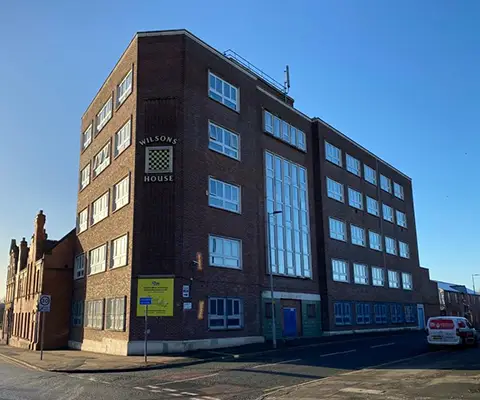
PPM for Commercial Properties
When someone purchases or leases out a building, they need to consider the right maintenance strategy for good asset management or facility management. The owner of a commercial lease agrees within that lease to keep their property in good repair and safe condition for tenants (terms will vary with each individual lease).
Proactive maintenance is the best way to keep a building in good condition and maintain its value.
Tenant Representation |
Tenant Representation
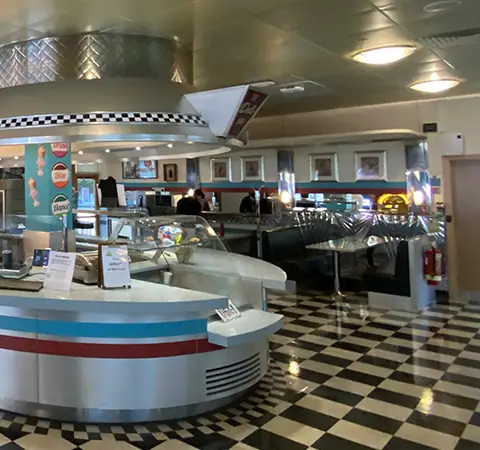
It is easy to get overloaded with technical jargon being presented to you and trying to understand implications to your business when dealing with property matters. At SEA Consulting we provide tenants with MEP technical expertise when it come to dealing with landlords and their agents on a number of issues such as:
- Landlord Improvement Works
- Tenant Improvement Works
- Licence to Alter / Schedule of Dilapidation Exclusions
- Maintenance and Service Charge Costs
- Compliance with Statutory Obligations
- Dealing with ongoing problems with the landlords building services
Failure of services maintenance within lease agreements.
At SEA Consulting, we are here to help you deal with these issues and advise you on what your rights are, working with landlords to minimise costs and disruption to your business.
Landlord or Tenant Service Change Disputes |
Landlord or Tenant Service Change Disputes
Service charge disputes in commercial property can arise due to a variety of factors, causing friction between landlords and tenants. These disputes often revolve around the costs incurred for the maintenance and management of the property.
Typical disputes are around:
- Landlords Not Providing Agreed Services
- Boiler Replacement Works
- Air Conditioning Replacement Works
- Compliance With Current Building Regulations
- Energy Costs
- Electrical Safety and Compliance
- Fair proportions of service charges in multi tenanted premises
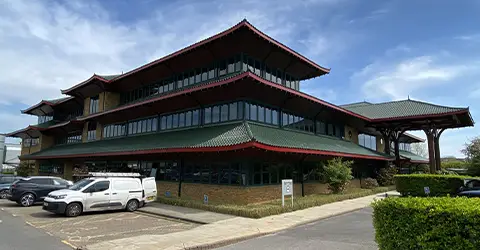
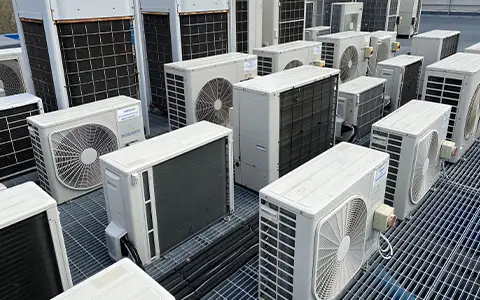
Some common reasons for commercial property service charge disputes are as follows:
- Lack of Transparency: One of the primary reasons for service charge disputes is a lack of transparency in the breakdown of costs. Tenants may feel that they are being charged excessively for services that are not adequately explained or justified. Insufficient information about the services provided, maintenance activities, and related costs can lead to misunderstandings and disagreements.
- Discrepancies in Services Provided: Commercial property service charges typically cover various services such as cleaning, security, maintenance, repairs, and insurance. Disputes can arise when tenants perceive a discrepancy between the services outlined in the lease agreement and those provided. If the quality or frequency of services falls short of expectations, tenants may question the reasonableness of the charges.
- Inadequate Budgeting and Cost Control: Effective budgeting and cost control are crucial in managing service charges. Landlords need to accurately estimate the costs involved and ensure they align with the services provided. Failure to do so can lead to disputes if tenants believe that the charges exceed what is reasonable or if they suspect mismanagement of funds.
- Poor Communication and Engagement: Effective communication between landlords and tenants is key to avoiding service charge disputes. When there is a lack of clear and timely communication regarding changes in services, cost increases, or the rationale behind certain charges, tenants may feel frustrated and question the legitimacy of the charges. Proactive engagement and open dialogue can help prevent misunderstandings and build trust.
- Disputes Over Calculation Methods: Calculating service charges can be complex, especially in multi-tenanted commercial properties. Disputes may arise when tenants question the calculation methods used or believe that they are being charged disproportionately compared to other tenants. Clear guidelines and consistent calculation methods can help minimize these disputes.
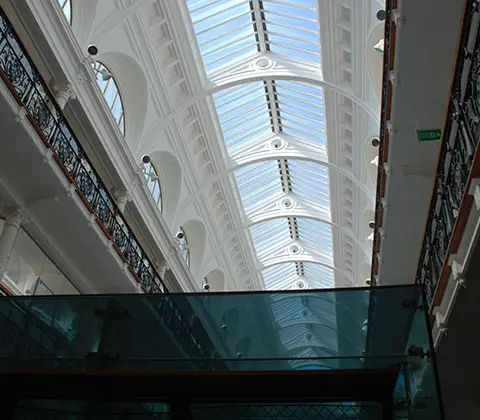
Commercial property service charge disputes can create significant tension between landlords and tenants. Understanding the underlying reasons behind these disputes is essential for finding effective solutions. By addressing issues such as transparency, service discrepancies, budgeting, communication, and calculation methods, landlords can foster a better understanding with tenants and mitigate the risk of conflicts. Open dialogue, clear documentation, and a proactive approach to resolving issues can go a long way in maintaining positive landlord-tenant relationships and ensuring that service charges are fair and reasonable for all parties involved.
Building Services Troubleshooting |
Building Services Troubleshooting
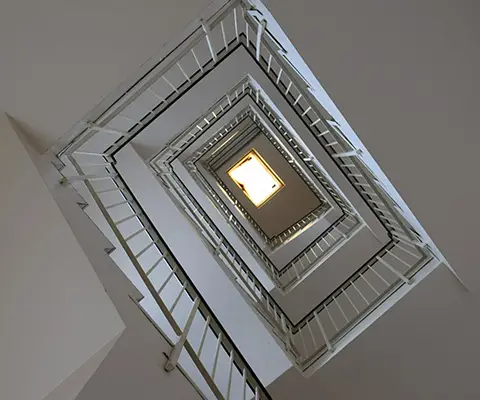
Building services are the living parts of buildings. Commercial heating, ventilation, and air conditioning (HVAC) systems are meant to work together seamlessly and unnoticed to ensure its building occupants are kept comfortable and productive. When they are not properly designed or working correctly they can cause the occupants distress and ongoing frustration.
Day-to-day faults can be fixed by a competent maintenance engineer. However, when the problem persists, it could be a fundamental flaw in the design of the system. Typical examples where a bigger problem may exist are:
- Continuous maintenance problems within the property.
- The heating/cooling systems are breaking down regularly.
- The premises are experiencing hot and cold spots.
- Tenants or employees constantly report discomfort, headaches, or sickness.
- Electricity or gas bills are mysteriously high.
SEA Consulting can provide you with professional and independent advice. Our experienced consultants can use their expertise to diagnose the problem and provide cost-effective solutions.
Frequently Asked Questions About MEP Building Services Engineering Consultancy
What is MEP Building Services Engineering?
MEP Building Services Engineering refers to the design and integration of Mechanical, Electrical, and Plumbing systems in buildings. These systems are essential for ensuring a building is functional, safe, and comfortable for occupants.
Why are MEP services important in building design?
MEP services are crucial because they ensure the efficient operation of building systems, contribute to energy savings, and enhance occupant comfort and safety. Proper MEP design also complies with local building codes and standards.
What services does an MEP engineering consultancy provide?
An MEP engineering consultancy provides design, planning, and management of mechanical, electrical, and plumbing systems. This includes HVAC (heating, ventilation, and air conditioning), lighting, power distribution, water supply, and drainage systems.
How do you ensure energy efficiency in MEP designs?
We ensure energy efficiency by using advanced simulation tools, selecting energy-efficient equipment, and integrating renewable energy sources where feasible. We also adhere to green building standards such as LEED and BREEAM.
What is the process for starting a project with your consultancy?
The process begins with a consultation to understand your needs and project requirements. This is followed by a detailed proposal, design development, and collaboration with architects and other stakeholders. We then oversee the implementation and ensure the project meets all specifications.
Can you help with upgrading existing MEP systems?
Yes, we specialize in retrofitting and upgrading existing MEP systems to improve efficiency, comply with new regulations, and enhance overall building performance.
What are the benefits of hiring an MEP consultancy?
Hiring an MEP consultancy ensures that your building systems are designed and implemented by experts, leading to optimized performance, reduced costs, and compliance with all relevant standards and regulations.
Do you offer sustainable and green building solutions?
Absolutely. We prioritize sustainable and green building solutions by incorporating energy-efficient designs, renewable energy technologies, and sustainable materials to minimize environmental impact.
How do you handle project management and coordination?
We use a collaborative approach, working closely with architects, contractors, and other stakeholders. Our project management includes detailed planning, regular progress updates, and quality assurance to ensure timely and successful project completion.
What types of buildings do you work on?
We work on a wide range of buildings, including residential, commercial, industrial, healthcare, educational, and public sector buildings. Our expertise covers both new constructions and renovations.
